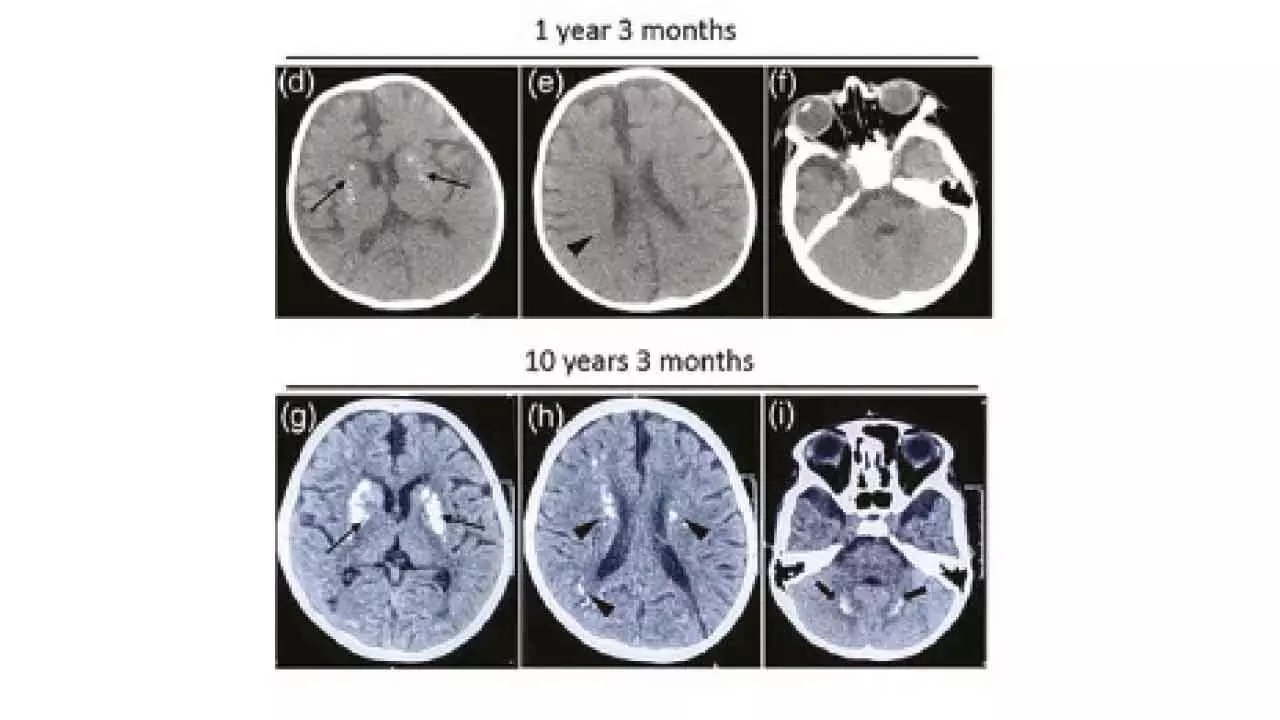Rare gene mutation linked to recurrent neuro decline in kids found
The USP18 gene usually helps regulate body's immune response, preventing excessive inflammation
Rare gene mutation linked to recurrent neuro decline in kids found

A team of Indian researchers has identified a rare USP18 gene mutation linked to recurrent neurological decline in children.
The rare USP18 gene mutation offers crucial insights into a neurological disorder previously documented in only 11 cases worldwide and now reported for the first time in India, according to the team from Indira Gandhi Institute of Child Health, Bangalore, who conducted the research in collaboration with Ramjas College, University of Delhi, and Redcliffe Labs.
Pseudo-TORCH syndrome type 2 is a very rare inherited condition that affects how a child's brain grows and functions. Children with this disorder often show severe neurological symptoms that resemble congenital infections, but without any actual infection.
The USP18 gene usually helps regulate the body's immune response, preventing excessive inflammation. When this gene does not work correctly, the body's defence system becomes overactive and begins to harm the brain.
The research, published in the journal Clinical Dysmorphology, documented a previously unreported variant, c.358C>T (p.Pro120Ser), expanding clinical understanding of Pseudo-TORCH syndrome type 2.
"The discovery reinforces the power of clinical intuition backed by advanced genetic testing. For years, we treated symptoms without a definitive answer, but identifying this novel USP18 mutation has transformed not just the diagnosis, but the child’s future,” Dr. Vykuntaraju K. Gowda, Department of Pediatric Neurology, Indira Gandhi Institute of Child Health (IGICH, told media.
“The finding will help us avoid unnecessary treatments, provide precise therapy, and most importantly, guide families through informed genetic counselling. Our research shows how timely genetic insights can change the course of rare neurological disorders, offering hope where answers were once unknown," Gowda added.

